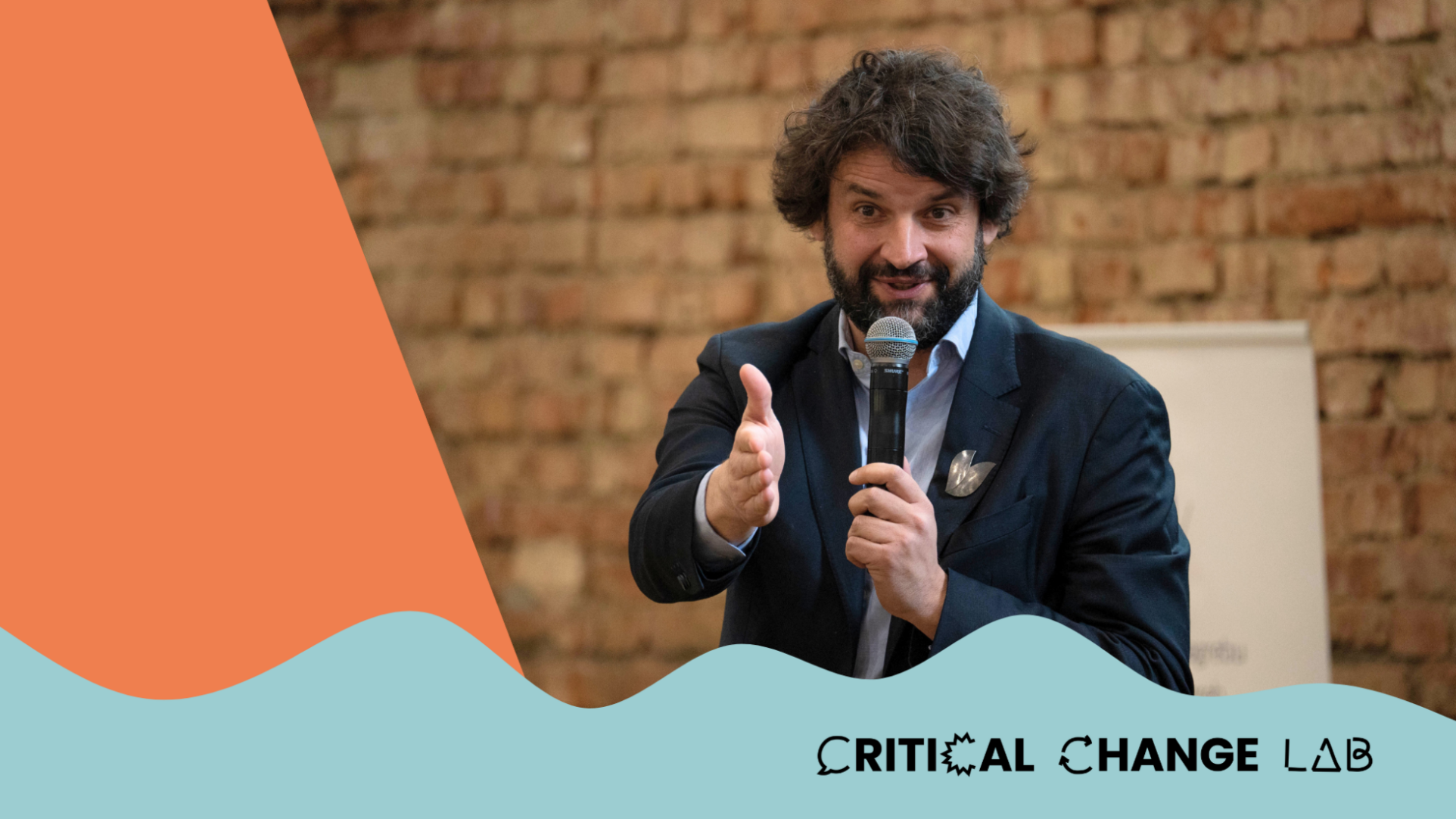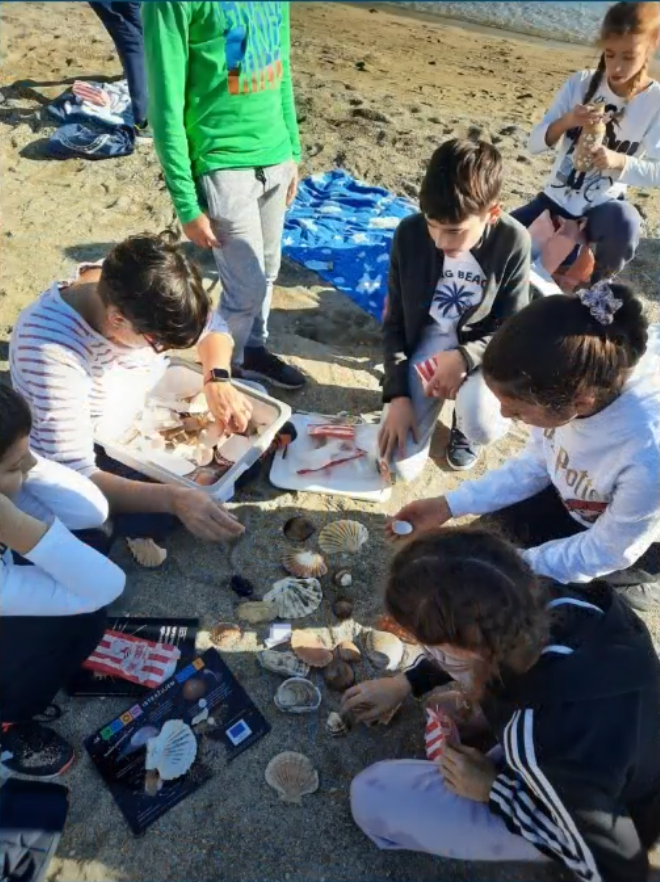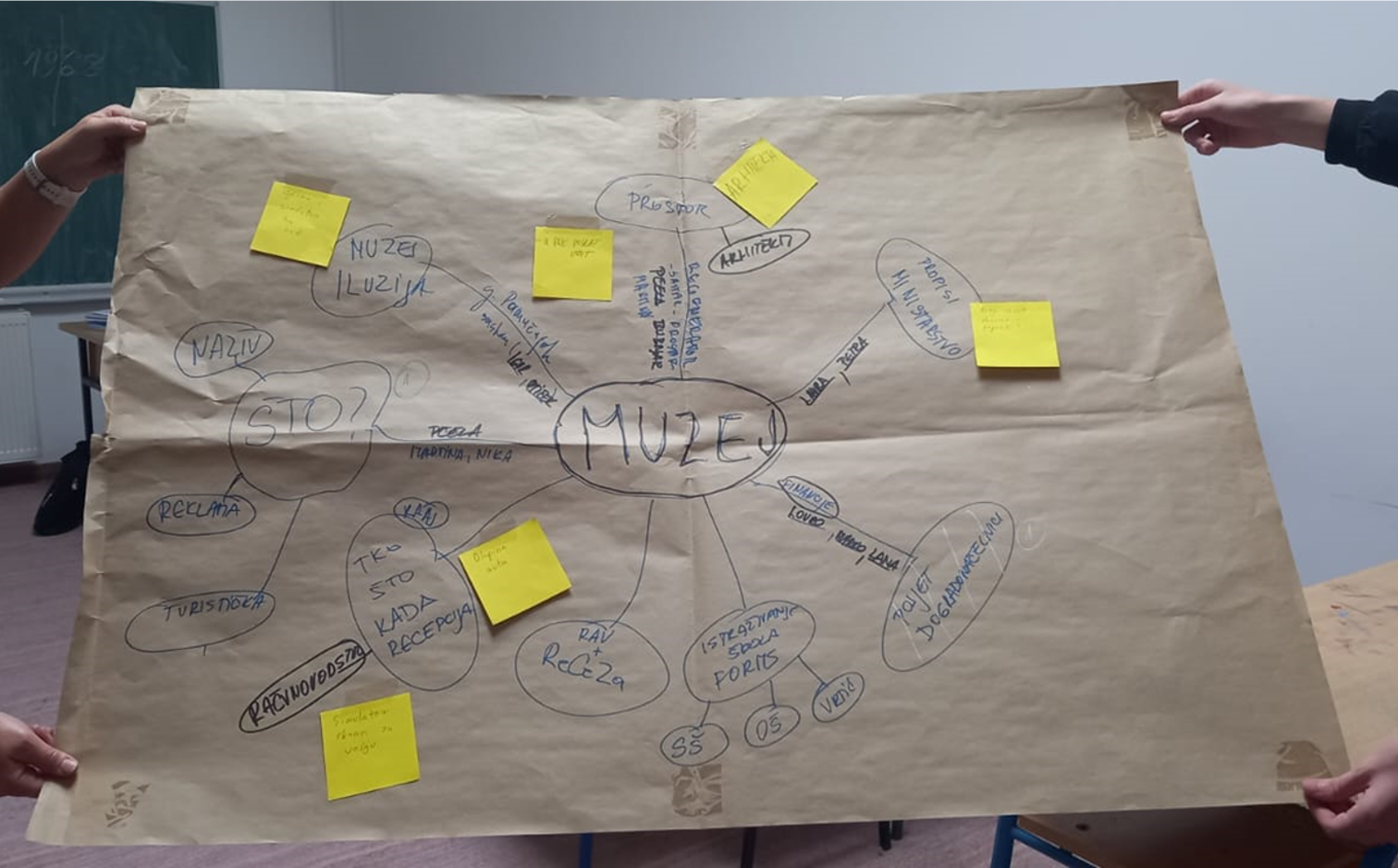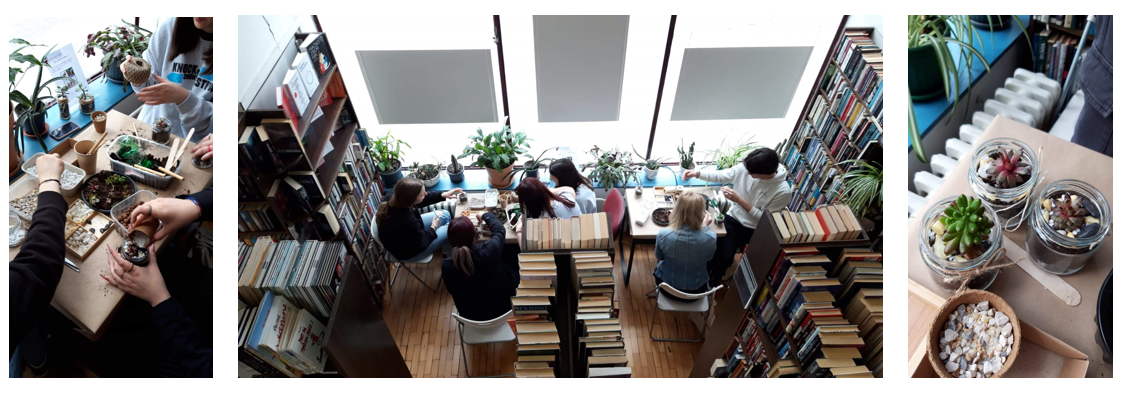Boris Jokić, director of the Institute for Social Research in Zagreb, talks with Johanna Lenhart from Ars Electronica about the importance of bringing the voices of marginalized youth to the forefront and ISRZ’s work on education reform and policy in Croatia.
ISRZ carries out socially significant, fundamental and applied quantitative and qualitative scientific research of different aspects of the Croatian society, in a systematical, longitudinal and interdisciplinary manner. Its research topics include social stratification, space, youth, education, science, culture and religion.
The Institute for Social Research in Zagreb just celebrated its 60th anniversary. Congratulations! What is the mission of ISRZ? And how did it evolve over the years?
The Institute for Social Research in Zagreb was founded in 1964. It is one of the oldest institutions in the field of social sciences in Croatia and ex-Yugoslavia. From the very beginning, we have been an empirical research institute, trying to study social and individual phenomena in society from an empirical point of view. In the 60 years since then, we have focused on various topics, such as the social structure of Croatian society, we have explored issues of youth work, science and technology, but also topics such as religion, sustainability and education. In the last 60 years, we have established numerous national and international partnerships and managed to influence not only Croatian society, but also Croatian politics and policy in various fields through providing scientific bases for political decisions.
And what attracted you to the Critical ChangeLab project? How does it fit into your mission?
In the field of education, much of our work has been devoted to the issue of democratic education, civic education and political literacy of young people, especially those still in school or entering the labor market or higher education. As such, the Critical ChangeLab project fit perfectly with our topics and supported our desire to develop young people’s competencies in a participatory way to promote a kind of everyday democracy in their own settings, especially in educational institutions. Our Institute has been involved in this kind of large-scale efforts within Croatian society and Croatian education. We have been one of the main actors in the educational reform from 2014 to 2016, and we have developed various curricula, including the curriculum for civic education. So the topics of the Critical ChangeLab project were very important for us, and it’s a great privilege to join the consortium of nine partners and try to both research and develop some solutions at the European level.
It was very important for us to include those marginalized voices on the eastern border of the European Union in the Critical ChangeLab.
As part of the Critical ChangeLab project, you’re working with youth in rural areas, which is also an area of focus for the ISRZ. Why are you interested in this particular perspective?
Well, it’s not just the geographical marginalization of young people – the urban-rural divide – it also very much influences where they are educated and so on. It affects the opportunities that they have, not only in the national context, but also in the international and European context. It was very important for us to include those marginalized voices on the eastern border of the European Union in the Critical ChangeLab. These voices are just as powerful as those from the capitals of Zagreb or Vienna or Helsinki, but they are rarely heard. That is why it is really important for us, also from an emancipatory position, that these voices are heard.
Are there any projects that have had an impact on your approach to the Critical ChangeLab methodology? You already mentioned your work on the education reform.
Yes, absolutely. Not only the education reform in 2016, which somehow caused one of the biggest protests in Croatia. It’s a rare thing in the world perspective, usually people protest against reforms. In this case, they came to the streets in support of the reform. More than 50,000 people gathered on the main square in Zagreb, and now many of the elements they were protesting for are present in every school in Croatia, available to every child. Some of these elements also influenced our approach in the Critical ChangeLab, but what especially influenced our approach is a project we have with the University of Rijeka, which is now being implemented in 110 secondary schools in Croatia under the name Škola & Zajednica (School & Community). At the moment we have more than 1400 high school students participating and it is very close to the Critical ChangeLab. It’s a school subject and it’s a school subject without content. But it starts with the problems of the youth themselves, what they identify as a problem in their communities. And in relation to that problem, they go through four phases. The first phase is to think about the problem and try to come to some kind of common agreement about the issue or a problem. The second is to explore it from the perspective of different fields. The third is that they gain experience about the problem. Some students, for example, who are studying homelessness, spend a night with homeless people on the streets. And then the last element of this program is that the students propose an action plan to address the problem. And they are heard by local politicians. It’s been a great success and some of the elements of this program are now being implemented by us in the Critical ChangeLab.
But it starts with the problems of the youth themselves, what they identify as a problem in their communities.
From your personal perspective, what are you most looking forward to in the Critical Change Lab?
Well, there are several elements that I find really inspiring. First of all, working with European partners and thus confirming the importance of the European perspective and the ability of European partners to come together. The second element that I’m really looking forward to is basically giving a voice to young people from very different contexts. And I think that is really important. The third element comes from the research part of the Critical ChangeLab. Through this we are able to gain insight into the lives of 10 marginalized youth groups in the European context which is really important for us.
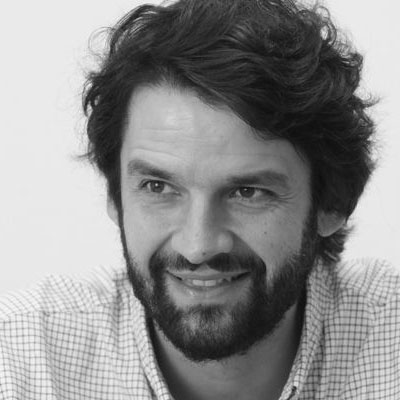
Boris Jokić, PhD, is a Senior Research Associate and Director of ISRZ. He gained MPhil and PhD at the Faculty of Education, University of Cambridge, United Kingdom. He has led numerous international and national research projects, including the project Changes in the Organization of the Educational Process caused by the COVID-19 Pandemic (EWAchange), supported by the Croatian Science Foundation. He currently heads the School & Community project. His scientific interests are educational aspirations, curriculum development and private tutoring.
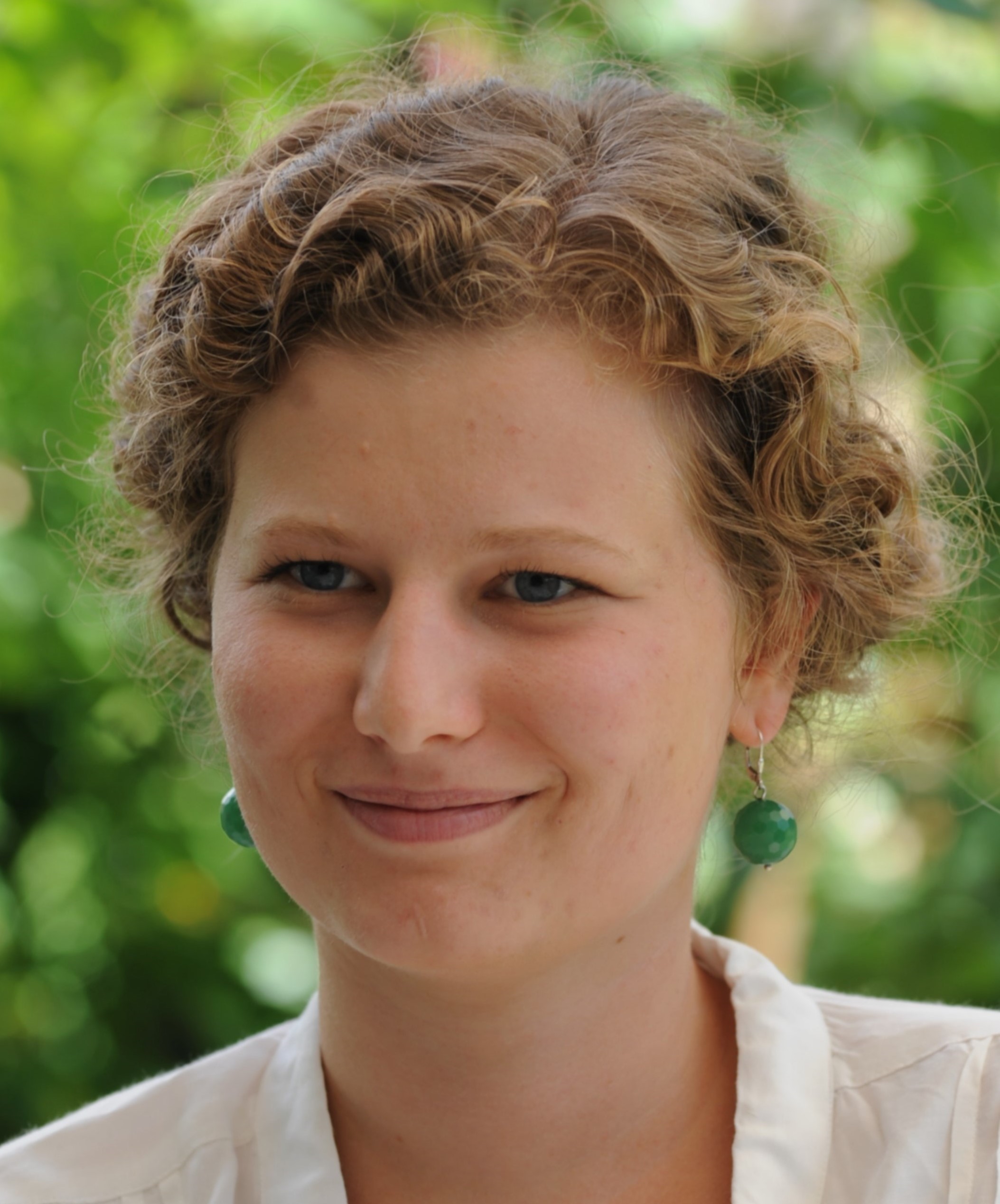
With a background in German philology and comparative literature, Johanna Lenhart taught as OEAD lecturer at universities in Egypt and the Czech Republic before joining Ars Electronica in 2023. Her teaching and research focus on narrative practices in different media and contexts, with a passion for how storytelling shapes our past, present and future. Johanna is also a member of the editorial team of the journal medienimpulse. Beiträge zur Medienpädagogik.
